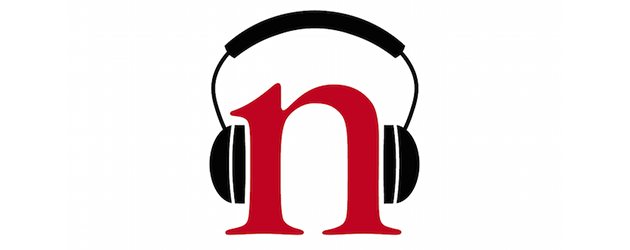
PADDY MILLS
A battlefield; an abusive parent; the ongoing struggle to make ends meet; a pile-up of unanswered e-mails — stress can take many forms. But stressful situations have something in common: they trigger reactions such as fear and a surge of hormones. These responses can be beneficial in the short term but, if severe or prolonged, can damage the mind, triggering conditions ranging from depression to post-traumatic stress disorder. That much has been known for decades; now researchers are getting to grips with how stress can alter the biology of the brain, and tip a mind into illness. Here, Nature takes a look at what they have learned, and at the gaps that remain.
Modern life — with more people, more pressure and more gadgets — certainly seems more stressful than life in the past, but how does it affect the mind? Some scientists are seeking answers by examining how the brains of city- and country-dwellers process stressful situations (see page 162). Others are looking for the molecular scars left by stress. Neuroscientist Eric Nestler argues that stress may influence the brain through epigenetics, mechanisms that change how genes behave (see page 171). Biologists Elizabeth Blackburn and Elissa Epel, meanwhile, suggest that stress causes chronic diseases in part by shortening telomeres, structures that cap and protect the ends of chromosomes (see page 169).
Still others hope to draw lessons from people who can bounce back from stress — even from experiences as devastating as abduction and rape. By tracing the social and biological factors that help these people to recover, the research could yield ways to make the rest of us more resilient (see page 165).
- Journal name:
- Nature
- Volume:
- 490,
- Pages:
- 161
- Date published:
- ()
- DOI:
- doi:10.1038/490161a



Comments for this thread are now closed.